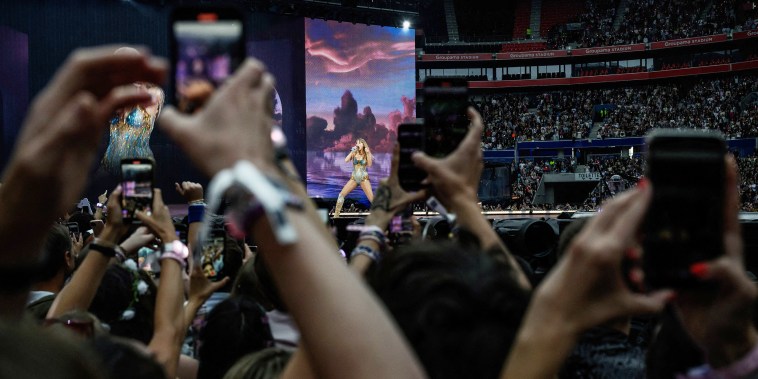
Unleashing the Funflation Craze: The American Obsession with Travel and Entertainment
The Funflation Effect: Why Americans are Choosing to Spend on Travel and Entertainment
The gradual emergence from lockdowns and the easing of restrictions in various parts of the world have had a profound impact on consumer behavior. Particularly in the United States, there has been a notable shift in spending patterns, with an increasing number of Americans choosing to allocate their disposable income towards travel and entertainment. This trend has been coined the Funflation Effect, reflecting a surge in demand for leisure activities and experiences post-pandemic. Let’s delve deeper into the factors driving this shift in consumer behavior.
Pent-up Demand and Desire for Experiences
After months of being confined indoors and limited in social interactions, many individuals are experiencing a strong desire to break free from the monotony of daily life and seek out new experiences. The pent-up demand for travel and entertainment has been unleashed as people eagerly embrace the opportunity to create lasting memories and reconnect with loved ones. Whether it’s a weekend getaway to a picturesque destination or a visit to a theme park, the allure of new experiences is a driving force behind the Funflation Effect.
Shift in Priorities and Values
The pandemic has prompted a reevaluation of priorities and values for many individuals, leading to a greater emphasis on happiness, well-being, and personal fulfillment. As a result, people are increasingly prioritizing spending on activities that bring joy, excitement, and relaxation. The shift towards investing in experiences rather than material possessions reflects a broader societal trend towards seeking meaningful and enriching moments that contribute to overall happiness and life satisfaction.
Embracing Lifestyle Changes
The disruption caused by the pandemic has spurred reflection on lifestyle choices and prompted many Americans to adopt a more balanced approach to work, leisure, and personal development. The growing recognition of the importance of work-life balance has fueled a greater inclination towards taking time off to unwind and engage in enjoyable activities. This newfound emphasis on self-care and enjoyment has translated into increased spending on travel and entertainment as individuals strive to create a fulfilling and well-rounded lifestyle.
Stimulus Measures and Economic Recovery
The rollout of stimulus measures and economic recovery efforts has injected a significant boost to consumer spending, enabling individuals to allocate more of their disposable income towards leisure activities and entertainment. The availability of financial resources, coupled with the reopening of businesses and venues, has created a conducive environment for Americans to indulge in experiences that were previously put on hold due to the pandemic. This influx of spending is contributing to the vibrancy of the travel and entertainment sectors and driving the Funflation Effect.
Consumer Behavior Post-Pandemic
As the world gradually transitions towards a new normal, the Funflation Effect offers valuable insights into evolving consumer behavior and preferences in a post-pandemic landscape. The shift towards spending on travel and entertainment reflects a broader desire for connection, fulfillment, and adventure as individuals seek to make the most of their lives after a period of uncertainty and restrictions. By understanding the drivers behind the Funflation Effect, businesses and marketers can better cater to the changing needs and aspirations of consumers in a dynamic and evolving marketplace.
